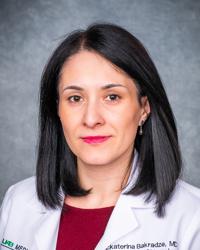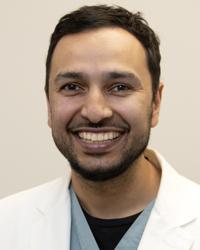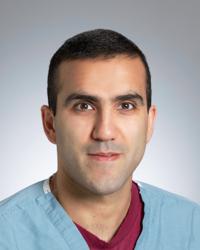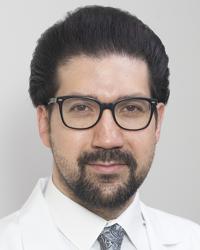The Heart-Brain Clinic at UAB Medicine specializes in patients with neurological symptoms due to a stroke or certain cardiac conditions, such as a heart defect called a patent foramen ovale (PFO). The first of its kind in Alabama, the clinic brings together stroke neurologists and interventional cardiologists to provide one-stop appointments for patients. It targets those who’ve had an ischemic stroke – caused by a blocked blood vessel in the brain – or a transient ischemic attack (TIA), sometimes called a mini-stroke.
This level of multi-specialty care is especially important for patients born with a PFO, because in rare cases this hole in the heart can allow blood clots to escape from the heart into the brain and cause a stroke – especially among young people. Strokes caused by a PFO often can be prevented from happening again with a surgery to close the hole, but special expertise is needed to determine if a stroke or TIA was caused by the PFO.
This expertise is what sets the Heart-Brain Clinic apart. The team will work together to evaluate your case, recommend any additional tests that may be needed, and develop a personalized patient care plan for managing stroke or PFO.
To make an appointment with the clinic or for more information, please call 205-975-1888.
Care Providers
Resources
- UAB Division of Cardiovascular Disease
- UAB Division of Cardiothoracic Surgery
- UAB Division of Cerebrovascular Disease
- American Heart Association
Related Specialties
Clinical Trials
Speak to your physician about your options and browse the link below for more information
Latest News
View All News-
Voucher awards will accelerate spatial biology research
April 2, 2025
-
How to help children develop heart-healthy habits
February 27, 2025
-
“A blessing to be able to be here” — UAB employees provide fellow employee lifesaving care after cardiac arrest
February 11, 2025
-
Women’s heart health: Here is what you should know
February 3, 2025
-
Managing cardiovascular risk factors can influence health outcomes for carriers of the transthyretin V142I variant
January 14, 2025






